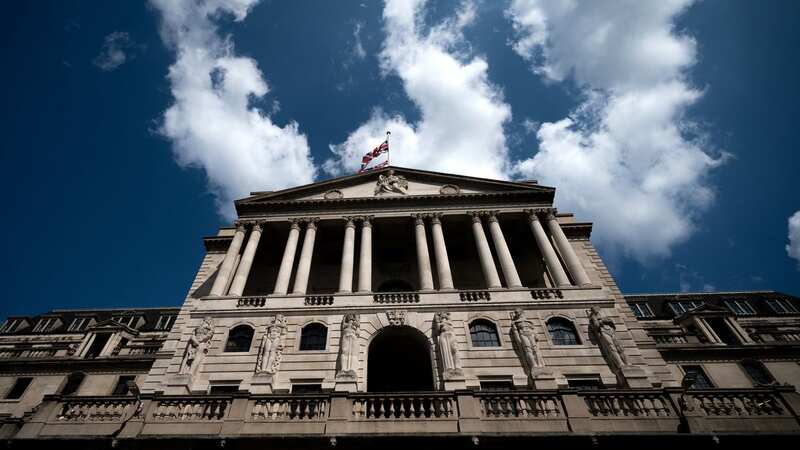Bank of England and Government issue update on launch of digital pound

The Bank of England and the Government are still unsure about launching a digital pound, following feedback from around 50,000 responses.
The Bank and the Treasury started a consultation last year about the potential for a central bank digital currency (CBDC), but a final decision won't be made until at least 2025.
A design for the system is being created, which could see digital money used by UK households and businesses alongside cash and bank deposits. If the plans go ahead, a prototype digital pound could be built and introduced to the public by the end of the decade.
The consultation has cost the Bank between £1 million and £10 million so far and gathered feedback from over 51,000 people, businesses, think tanks and academics. Many respondents expressed concerns about whether a digital pound could infringe on their rights, as the currency would be issued and held by the central bank.
"The Bank and HM Treasury recognise the strength of feeling on these matters and the need to build public trust in a digital pound", the response read. The Government has announced that new laws would need to be introduced before a digital pound could be launched. This is to ensure the state and the central bank can't access people's personal data, giving users freedom in how they spend their money.
 Bank of Dave self-made millionaire giving away money to 'keep kids working hard'
Bank of Dave self-made millionaire giving away money to 'keep kids working hard'
Legislation won't be introduced until at least next year. UK banks have voiced concerns about the potential for people to quickly withdraw money from their current accounts after the currency is launched, a situation known as a "bank run". They compared this with the failure of Silicon Valley Bank in the US last year, which was caused by a rush of customers withdrawing money.
Most banks suggested a limit of between £3,000 and £5,000 that people could hold. Designs are currently being drawn up, but it's likely that the digital pound could be used similarly to a current bank account, with people's money stored in a "digital wallet".
The Government said the digital pound is intended to be a means of payment, not a savings product, so like cash, it wouldn't pay any interest when launched.
There's also likely to be an initial limit of between £10,000 and £20,000. Economic secretary to the Treasury Bim Afolami said: "We are at an exciting time of innovation in money and payments, and we want to ensure the UK is ready should a decision to build a digital pound be taken in the future. This is the latest stage in our national conversation on the future of our money and it is far from the last." "We will always ensure people's privacy is paramount in any design and any rollout would be alongside, not instead of, traditional cash."
Sarah Breeden, Deputy Governor for Financial Stability at the Bank of England, revealed: "We know the decision on whether or not to introduce a digital pound in the UK will be a major one for the future of money. It is essential that we build trust and have the support of the public and businesses if we decide to introduce it."
The Treasury Committee, a group of cross-party MPs, believe that laws must protect privacy to avoid data misuse. Harriett Baldwin, Chair of the Committee, stated it was "vital that this is only undertaken if the benefits are shown to clearly outweigh the risks".
* An AI tool was used to add an extra layer to the editing process for this story. You can report any errors to webhomepage@mirror.co.uk
Read more similar news:
Comments:
comments powered by Disqus

































